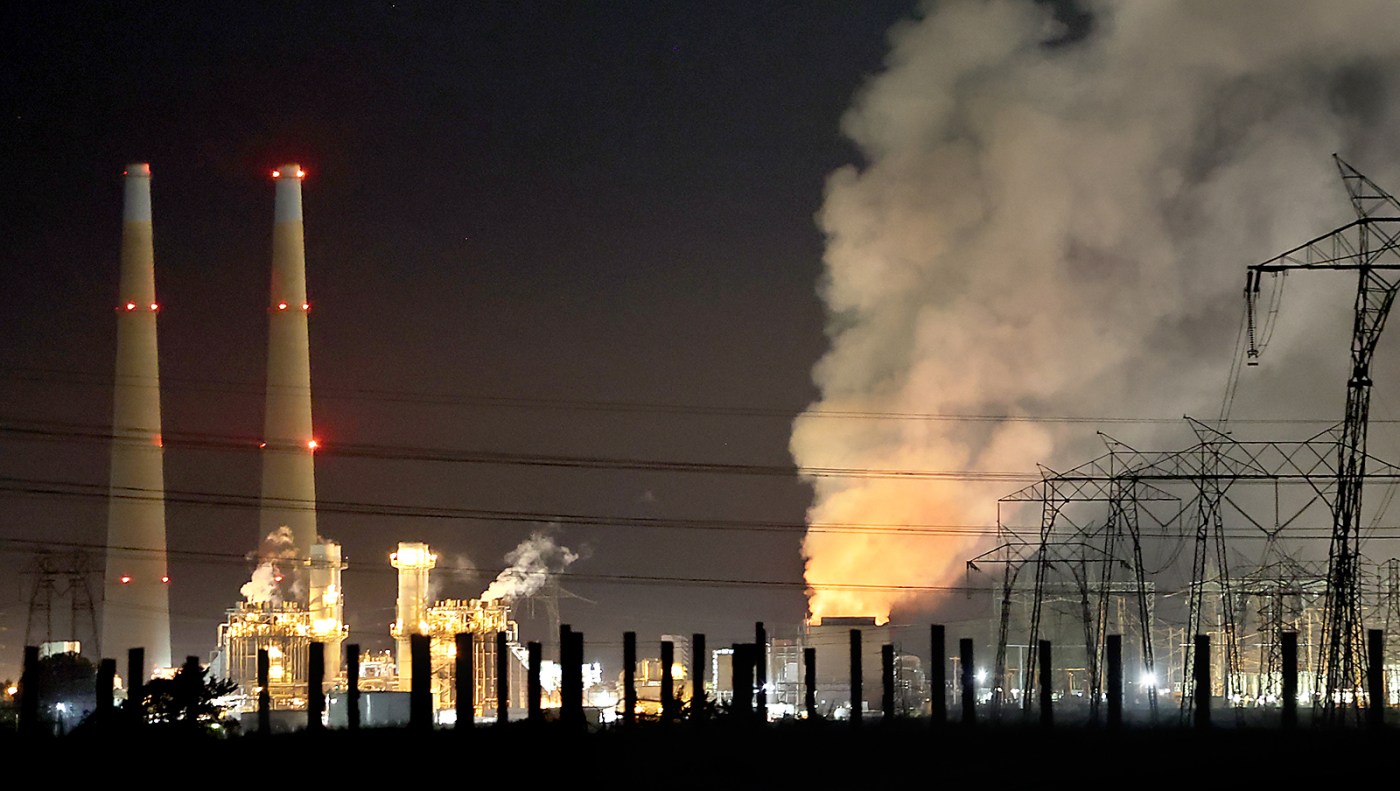
New bill would allow California communities to decide where battery plants are located
MOSS LANDING — Assemblywoman Dawn Addis is championing the Battery Energy Safety & Accountability Act, a bill introduced Wednesday to help prevent future battery plant fires following the Moss Landing Battery Plant fire last week.
Related Articles
Realtor says ‘there’s been a mistake’ after state charges him with price-gouging in wake of Eaton fire
Gov. Newsom signs $2.5 billion wildfire disaster aid package
Firefighters maintain progress on Palisades, Eaton fire containment despite challenging winds
Trump targets California water policy as he prepares to tour LA fire damage
San Jose Sharks winger has several friends affected by L.A. wildfires
Addis, joined by Monterey County Supervisor Glenn Church, said the Battery Energy Safety & Accountability Act, or AB 303, will remove battery energy storage facilities from the California Energy Commission’s opt-in certification program, and return the power to local communities on whether to accept new battery plants.
Additionally, AB 303 will “establish reasonable limitations on where battery energy storage facilities can be located,” Addis said in a press conference Thursday afternoon, saying the facilities should be away from environmentally sensitive areas like flood zones and areas with high risks of fires.
“The Moss Landing energy storage facility is surrounded by critical marine and educational facilities, important agricultural lands and residences and businesses,” Addis said. “We have to protect this sensitive habitat and our communities.”
The limitations include requiring a 3,200-foot setback from sensitive places like residences, schools and hospitals, which the assemblywoman said was more on par with oil production laws.
“AB 303, would give choice to communities, but it would also provide guidelines around siting that are clearly much needed,” Addis said.
Church said AB 303 had his full support.
“What we have now is haphazard regulations on this relatively new industry, and we need to get on a path where things are laid out in an organized and safe manner,” Church said. “I particularly appreciate the aspects inside of it that will allow local control.”
The supervisor formed an ad-hoc committee with Supervisor Kate Daniels during a special meeting Tuesday, to work with other counties and brainstorm a solution moving forward. The Board of Supervisors also sent a letter to Vistra and Pacific Gas & Electric, calling for the sites to remain offline until a full comprehensive investigation is done, detailing the cause of the fire. Other than the call to action, Church said the county will not be able to stop the plant from coming online in the future.
“I understand this industry is essential for a sustainable future, but we just can’t keep going ahead without the proper regulations,” Church said. “We’re at a point where government regulations and control of this technology by industry is not up to where it should be.”


